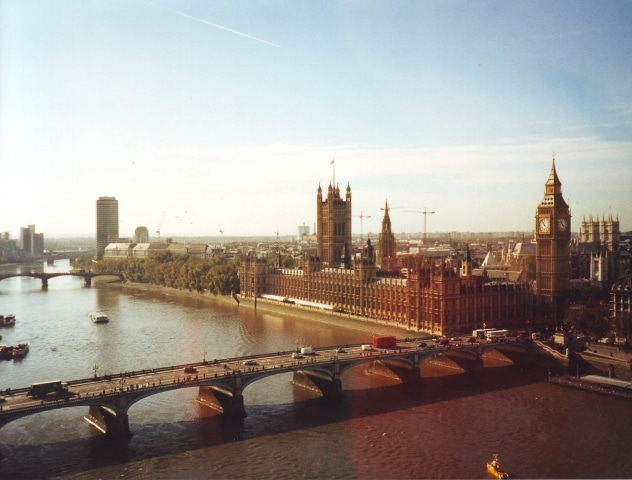This has been cross-posted from Carbon Brief
The UK‘s closest election in a generation is now three weeks away. Carbon Brief will be tracking the climate and energy content of the parties’ manifestos as they are launched over the coming week.
Labour went first today, followed by the Conservatives and Greens on Tuesday. The Liberal Democrats will follow later in the week and the UK Independence Party on Wednesday.
In contrast to 2010, climate change has barely featured on the campaign trail so far. That’s despite – or perhaps because of – the joint climate pledge from the leaders of the three largest parties. This promised to work towards a legally-binding global climate deal, to agree new UK emissions-cutting goals and to phase out unabated coal-fired power.
Starting today, Carbon Brief’s climate and energy tracker will be updated through the week as the manifestos come in, allowing party policies to be compared side by side. The image below is a preview of the information available if you click through to the interactive online version.
Labour’s Manifesto
In a speech launching Labour’s manifesto, Ed Miliband made just one mention of climate change. He said:
“To tackle problems from terrorism to climate change and because we are at our best when we are confident in the world, our future lies inside not outside the European Union.”
The Labour manifesto document, titled “ Britain can be better”, mentions climate change 13 times, against 28 mentions of budget and 169 for work, workers or working. It reprises Labour’s previously agenda-grabbing energy bill freeze, though this policy has started to lose its shine as wholesale prices have started to fall.
As the week progresses, the priority given to climate and energy by the other parties will become clearer. For their part, the Conservatives have long appeared to be doing their best to avoid discussing climate change.
Skeptic Underbelly
Polling of MPs suggests the party has a climate-skeptic underbelly and some of the party’s own MPs say it lacks an energy policy. Meanwhile many of the party’s big green hitters are departing after the election, from former energy minister Greg Barker to prominent green Tim Yeo.
The Liberal Democrats meanwhile have been trying to win green votes with their Green Magna Carta, a set of five green laws set to be on the front page of their manifesto. Targets would include doubling electricity from renewables by 2020 and making the UK zero-carbon by 2050.
UKIP‘s Welsh leader was pilloried by his election opponents over the weekend for claiming climate change is not man made. UKIP‘s previous energy policy documents have variously claimed the Dark Ages was a climatic period and strongly backed fracking.
The Scottish National Party has traditionally backed ambitious climate targets north of the border but is also keen on exploiting North Sea oil and gas. The Green Party wants the UK to cut emissions to 10% of 1990 levels by 2030 and will promise public investment in renewables.
Favouring Renewables
There is already plenty of speculation around whether a Labour or Conservatives government would be better for the environment or whether an SNP/Labour coalition would be more favourable to renewables. Other commentators have attempted to find the key energy and climate dividing lines between the parties.
The BBC has a very brief summary of the parties’ environmental positions. Those with longer memories might enjoy Carbon Brief’s summary of the parties’ climate and energy policies from last year.
Climate and energy seem unlikely to sway this unusually close and unpredictable election. Yet from the UK‘s future energy mix to the EU‘s influence at UN climate talks, the May 7 election could have far-reaching consequences.
Photo: David P Howard via Creative Commons
Subscribe to our newsletter
Stay up to date with DeSmog news and alerts







